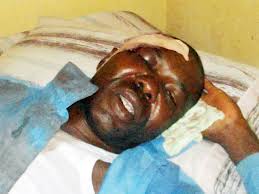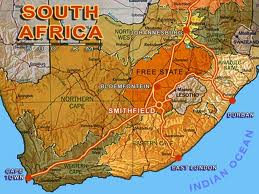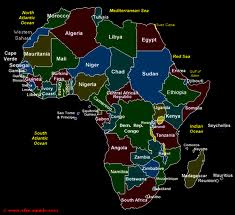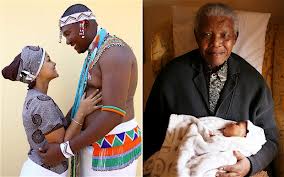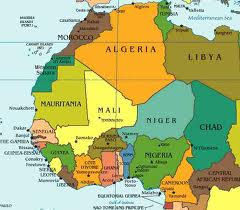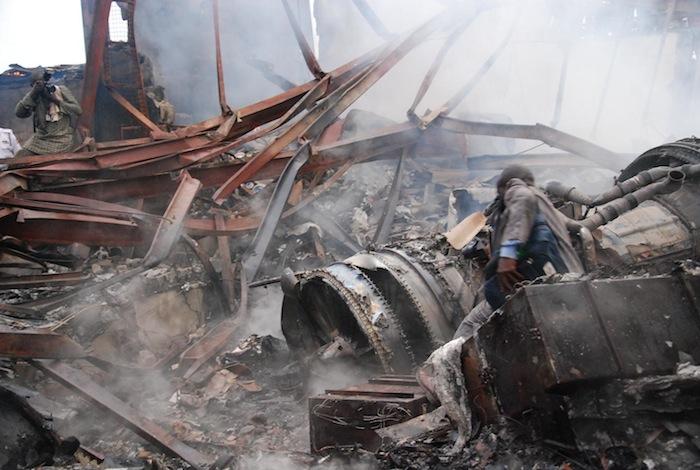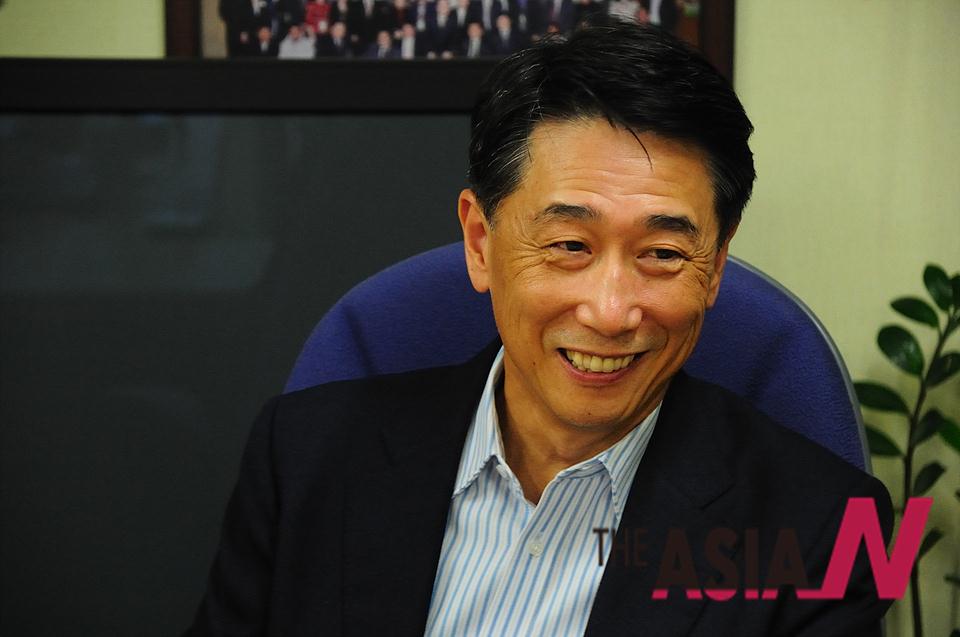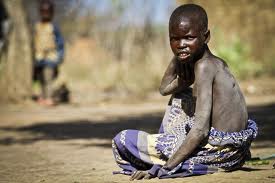
Han Bi-ya: Education is basis of achieving goals

Han Bi-Ya is a traveler, writer and relief worker. She is from Seoul, South Korea. She was born in Seoul in 1958. She grew up in a wealthy family. But she had hard time after her father’s sudden death.
She failed in the exam for the college entrance and she eked out a living by working as a tutor, translator and DJ in a classical music cafe for five years.
At the age of 25, she entered Hongik University on a full scholarship. She continued her studies at the University of Utah thanks to the financial support of the Whittons, who were impressed by Han’s diligence and intelligence.
When asked what motivated her to continue her education after failing her college entrance in an interview with The AsiaN on Aug. 31, Ms Han answered, “I did not give up after failing my college entrance because I believe that education is the basis or means that I can achieve my goals in life. So I kept working hard.”
Her belief in liberating potency of education is one of her motivators in her job as a relief adviser. She sees education as a cardinal ingredient to national development and as a means of fighting poverty and wars. This caused her to make it as a personal goal to eradicate illiteracy in the world. During the interview, she said, “It is my goal to eradicate starving among the children in the world. I also want all children to finish elementary school at least, so that they can pursue their dreams”
This is really a monumental goal and will need a gigantic effort and finesse to accomplish. But she is aware of it and has what it takes. Her enthusiasm and self belief is a pointer. She noted during the interview that, “Everyone think about eating and money, but someone have to dream and set the dream for the world. I think that I belong to those who dream for the world as I teach the people how to fish not just giving the people fish”
She has a good heart because she always wants to distribute what she has. She thinks that sharing what one have enriches people and not the other way round. She feels that investing in humanity is worth the effort and time.
She enumerated the characteristics of a relief officer as good heart, intelligent, action with ones heart and foot. She believes that a relief worker must love what she or he is doing for successful activities. And part of that will be to love people and having sympathetic heart.
Ms Han said that, “the world is not fair even though it is meant to be fair” she made this utterance when she was asked on why they placed priority on South Sudan and not Sudan. She, however, justified the preference for South Sudan as to the fact that it is a new country with a lot of returnees. She noted that South Sudan has a weak government, needs water, and other relief materials than North Sudan. That’s why the priority of relief operation was put on the country, she said.
Before taking this role as an adviser to the United Nations Central Emergency Response Fund, She was an emergency relief Team leader of World Vision Korea (WVK). At the age of 44, in the third year of a journey she visited a U.N. refugee camp in Afghanistan. Contrary to adults in the camp, who were in deep despair, the children were active and often followed her around. To entertain them she demonstrated Taekwondo and draw flower rings on the soiled fingers of little girls with her ballpoint pens. When she had to say good-bye to them, a bashful girl, who had lost each of her arms and legs to a landmine, came up to her and offered a piece of bread. She hesitated to take it because it was a precious “life saver” for the girl. When she finally accepted and took a bite of it, the children clapped their hands and shouted in joy to find that she regarded them as true friends.
On that day, she decided to devote rest of her life to helping refugees around the world. Now she is fulfilling that promise as an emergency relief worker.
In 2001, she went to Afghanistan and she did relief activities providing nutritional porridge to little children, and the poor.
When countries along the Indian Ocean were attacked by tsunami on December, 2004, she went there and helped them. She has joined in relief work in so many countries like: Afghanistan, Iraq, Nepal, Zambia and some other countries in Africa.
As an emergency relief worker, she makes people awake to the plight of the world refugees, and this is directly related with fund-raising. Actually in 2004 she won “the young leader prize of YWCA” and she got ten million won. She donated all that money to the poor.
Through the books she wrote, she has emphasized the importance of living as a cosmopolitan. It begins with the realization that the world is really small. So she would say that it is the “global house” rather than “global village.” Diverse people reside in one of many rooms in the same house, so it is natural that we share our happiness and agony. Responsible members of the international community would not ignore the sufferings of neighboring countries.
She always makes it the first thing to do what she likes most and what her heart tells her to do. She believes the happiest person is someone who is on the spot, doing what he or she really wants to do.
In her book, “Marching Off the Map” she recounted her experiences and strived to enumerate how people are suffering from war, AIDS and natural disasters like earthquake, famine and drought. Han said “I cannot live within the boundary and the frame the world has made. I will break out of the cage and fly out of the map. I have to find food by myself and am constantly exposed to danger. But it is the price I have to pay for liberty, the price for the lesson. I am willing to pay the price for the freedom.”
She went further to compare life to that of mountain climbing which is her best outdoor sport. She said: “I compare life with hiking mountains. There are numerous mountains, and every mountain has a summit. Korea is a mere base camp. I have conquered the mountain of “international PR” and the mountain of “around-the-world travel.” Now I am challenging the mountain of “emergency relief.” This is the cause that beats my heart.”
Through her life, people now share with others what they have and try to help the poor, especially children.
She is like “mother Teresa”. Even though that her personality has not risen to that of Mother Teresa, it can be assumed that both Han Bi-Ya and Mother Teresa are the angels of the poor.
She is serving humanity with her time, resources and heart. She has traveled the world, explored it and is now help preserve the world. She once have been known as “Daughter of the Wind”, but she is now “daughter of hope” to the poor, downtrodden and the world.
Uwalaka Temple U.B Intern Reporter news@theasian.asia




